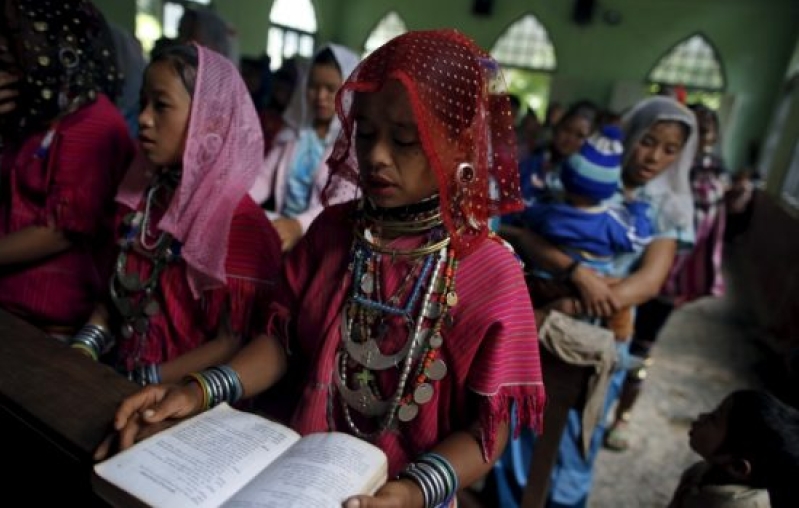
For the first time in 128 years, Christians in Southeast Asia are able to read the New Testament in their own language thanks to the tireless work of Wycliffe Associates (WA).
According to a report shared on the Wycliffe Associates, an organzation that accelerates Bible translation around the world by empowering national translators and equippingthe local church, nearly two centuries ago, missionaries came to Southeast Asia with the gospel. At the time, there was no translation of the Scriptures available, so they had to study God's Word in a foreign language.
"Miraculously, they held onto their faith through hardship and persecution. God's church in this remote region survived," reads the report.
However, through the Wycliffe Associates' Mobilized Assistance Supporting Translation program, a pioneering method that enables mother-tongue translators to translate the Bible in an unprecedented time, the New Testament has now been translated, and translators plan to complete the Old Testament by the end of 2016. The Southeast Asia language group was one of 14 people groups in the world, representing 17 million people, who have never read the Bible in their own language.
"They've endured persecution. They've struggled to teach the Scriptures to their young people in other languages. They've been told for generations they have to keep waiting until Westerners can translate the Bible for them," said Bruce Smith, president and CEO of Wycliffe Associates.
Translators worked tirelessly to translate the Bible, drafting verses simultaneously before using a five-step process to check them for accuracy, Wycliffe notes.
"In my 30 years of work in international missions, I've often heard there will be a day when the church takes its place, when the old-fashioned missionary model is no longer the only way. This is that day," Smith said.
"Christian churches, planted by missionaries in the 1800s, have survived - and they will drive the translation of God's Word into their own languages. There is no denying God has wrought the miraculous in Southeast Asia," he added.
Wycliffe Bible translators often risk their lives to bring the gospel to hard-to-reach regions of the world. Earlier this year, Wycliffe Associates said that four of its workers were killed at an office in the Middle East in March, but did not reveal the exact location due to the dangers associated with the work.
Two of the workers, killed by suspected Islamic radicals, reportedly died by gunshots, while the two other victims were beaten to death after laying on top of the lead translator to save his life.
"This is actually normal. Christians are attacked, they're beaten, they're killed, they're jailed, they're tortured, and they're terrorized in this part of the world routinely," Smith told Mission News Network at the time.
Despite such danger, translators "have such a thirst and such a commitment to getting God's Word to their people that these are risks that they accept," he said. "It increases their resolve to seeing God's Word reach the hearts of the people who are caught in this kind of violence and hopelessness."
Officials for Wycliffe recently revealed the organization has scheduled the first Mobilized Assistance Supporting Translation training session at an undisclosed location in order to help Bible translators working in dangerous areas.
The training sessions will reportedly use new translation strategies that aim to shorten the time needed to translate the Gospel, with portions of the Bible available in weeks or months rather than years.
"The days of reaching the easiest places are mostly behind us," Smith told MMN. "Getting God's Word to the remaining nations of the world...is the challenge that we face, the challenge to which God calls us."






